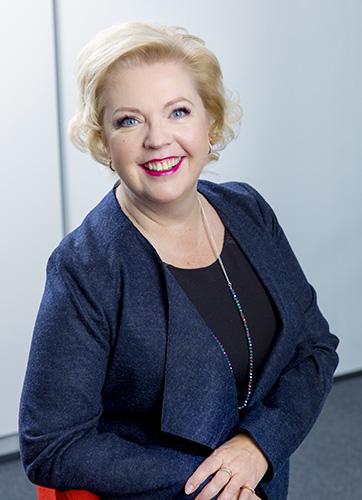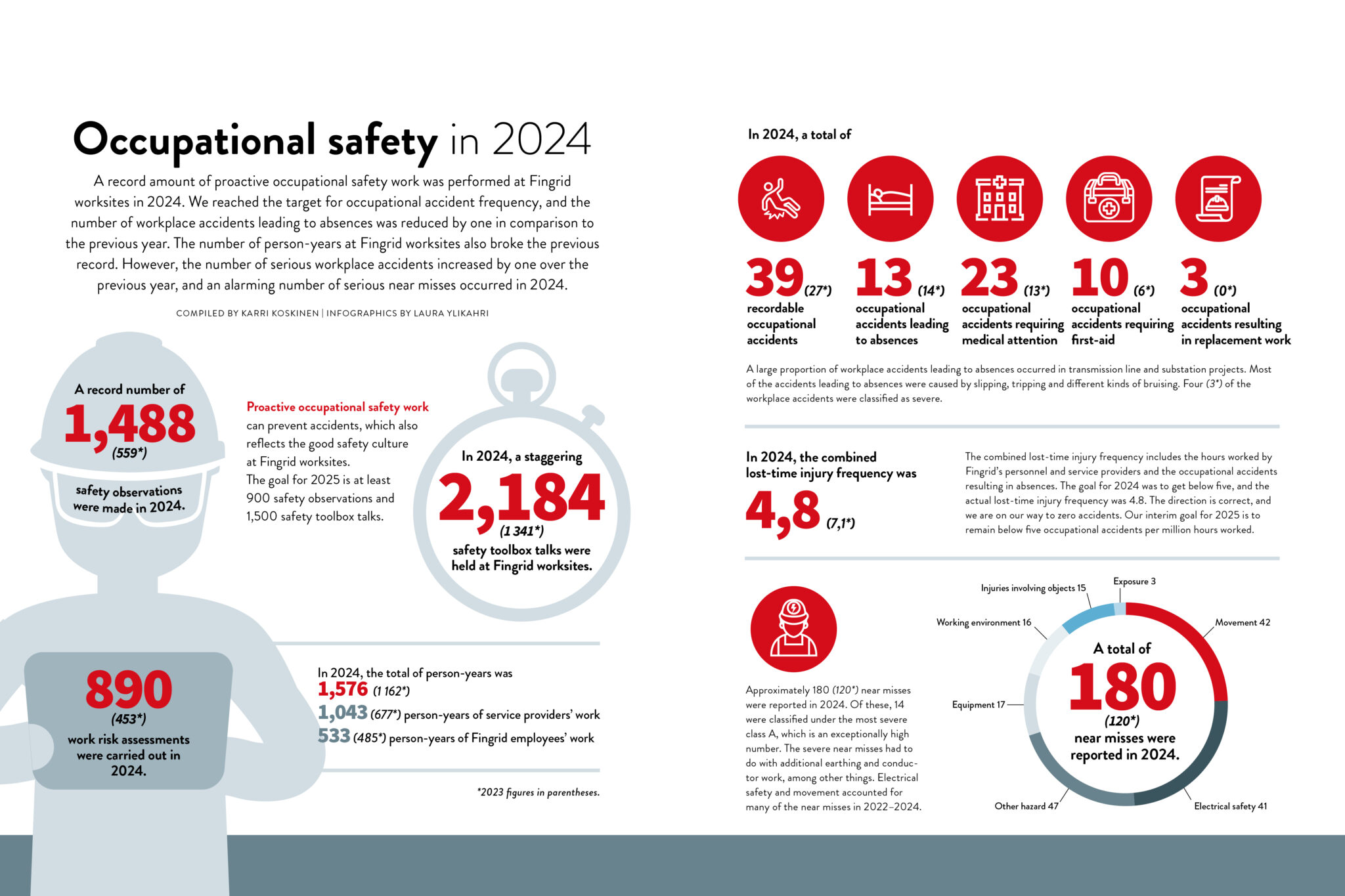I have followed the revision of the Finnish Working Hours Act with great interest. The need for this reform is apparent and, therefore, it was quite unfortunate that the working group tasked with it never reached a conclusion. The proposed new bill was immediately rejected by both the employer and the employee side. In Finland, changing the rules of work is not a simple process. Conflicting interests pop up as soon as someone utters the word “reform”.
The increase of expert-type work has drastically affected the world of work and ways of working, and the traditional working hour concepts are not always aligned with today’s practical needs. First of all, work is no longer necessarily tied to a fixed location, the office. Information-intensive work is independent of time and place. Secondly, the boundaries between work and free time have become blurred. The expert does not switch his/her mind off and stop thinking at 4pm sharp; new ideas can appear while jogging, for example.
As far as I understand, the proposed new Working Hours Act aims at updating the law to reflect the changed industry structure and working methods. The purpose is to enable flexible working hour arrangements that suit different companies’ and employer organisations’ needs, and also to facilitate employees’ work-life balance.
From an expert organisation’s point of view, the most interesting part of the proposed new Act is related to the so-called flexiwork system, in which the employee could determine his/her working hours and place of work, whereas the employer would determine the tasks, goals, and deadlines. Flexiwork would be based, above all, on trust between the employer and employee.
Without tapping into any details of the proposal, increased flexibility and flexible working hours sound like interesting goals that are worth supporting. Expert work is independent in nature and it does not require continuous, precise tracking of working time. Instead of working hours, it is more important for the employer to track the outcomes of work. For the employee, in turn, increased flexibility would mean increased freedom but, naturally, also increased responsibility.
Admittedly, traditional systems based on monitoring working time to the minute can create a feeling of security. They can help the employee feel that he/she has done his/her job and the employer rest assured that no one is slacking. However, every system can be abused. Time-clock can never measure an employee’s efficiency, only his/her presence in a certain location.
I firmly believe that most of us want to do our job well and responsibly. We want our supervisor to encourage us and express gratitude for good results. The will to achieve something makes us do our best. This is why work should be built on trust and free will. The employer should trust the employee’s will to do a good job without precise time-keeping. Correspondingly, the employee should trust the employer’s will to stay within reason when determining times and places of work within the loose framework.
Mr. Taylor first introduced his scientific management theory over one hundred years ago. Isn’t it about time to promote an atmosphere of trust and increase flexibility at workplaces? This is already happening in the world of work – maybe legislation will, eventually, follow.







